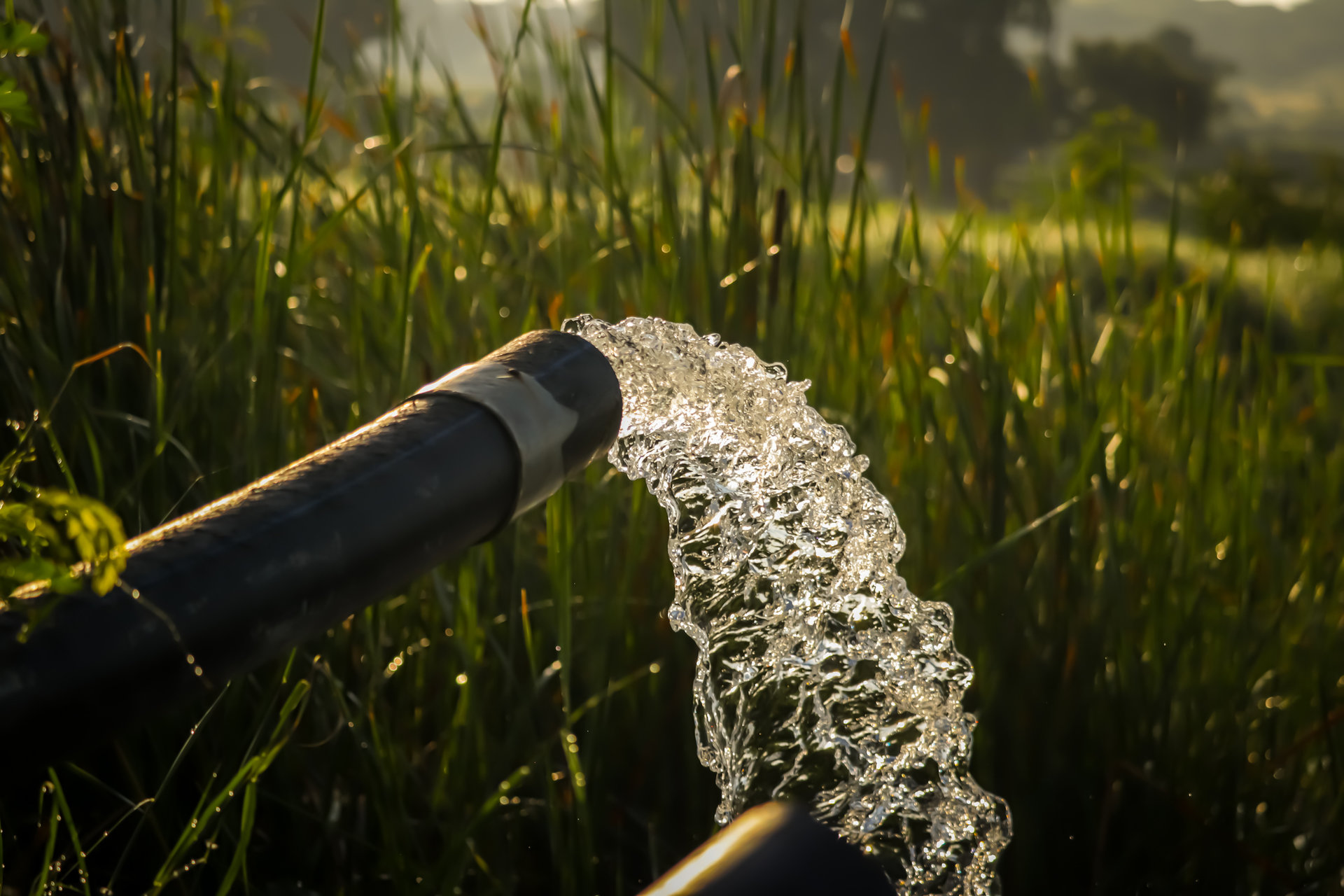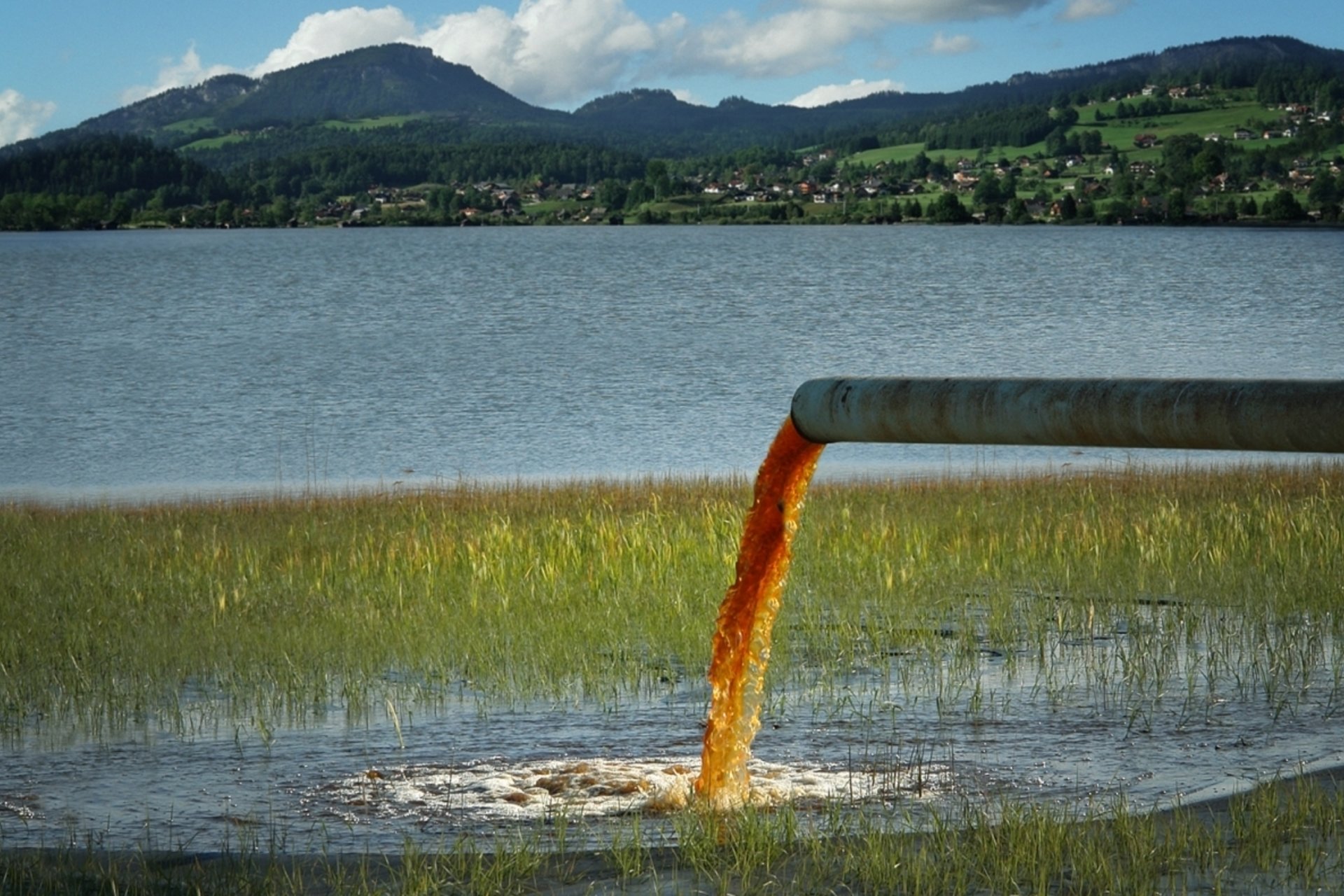AI for Clean Water
Funding Year: 2020
Research Areas: Freshwater
Regions: North America
This project will demonstrate a future of how the environment could be protected with cutting edge data science. Through a partnership with the Office of Enforcement and Compliance Assurance at EPA, the researchers will pioneer machine learning methods.
Specifically, the researchers will assist EPA to increase compliance with the Clean Water Act by developing risk models that enable early enforcement interventions and evaluating the effectiveness of enforcement techniques in a randomized controlled trial. The partnership is intended to lead to a broader effort to use data science to tackle a range of environmental compliance challenges.
Learn more about the Realizing Environmental Innovation Program and other funded projects.
Principal Investigators:
Daniel Ho (Law)
Jenny Suckale (Geophysics)
Related News
Applying machine learning to a U.S. Environmental Protection Agency initiative reveals how key design elements determine what communities bear the burden of pollution. The approach could help ensure fairness and accountability in machine learning used by government regulators.




